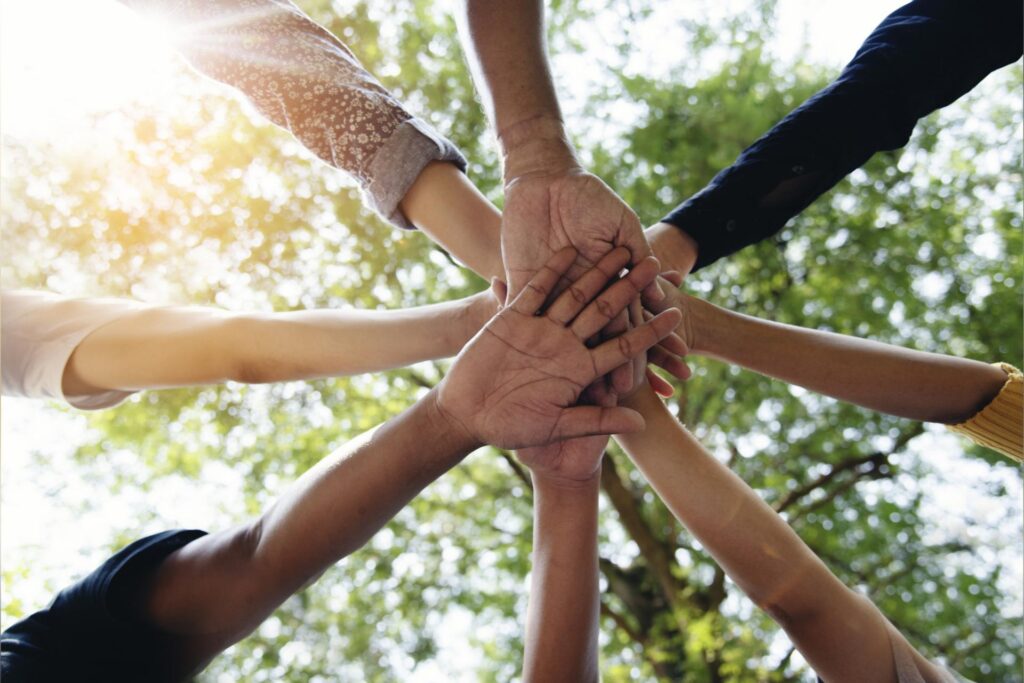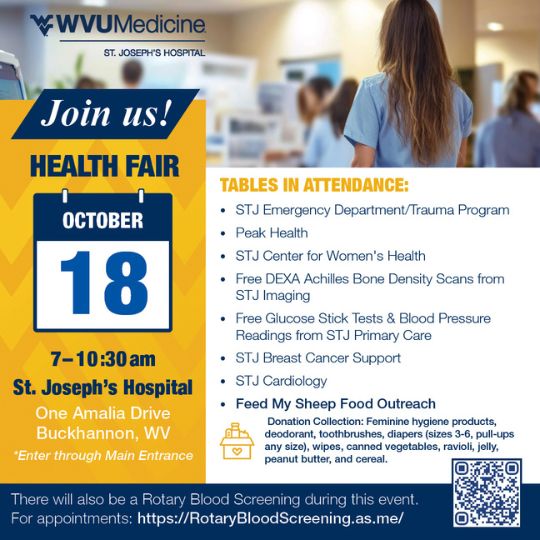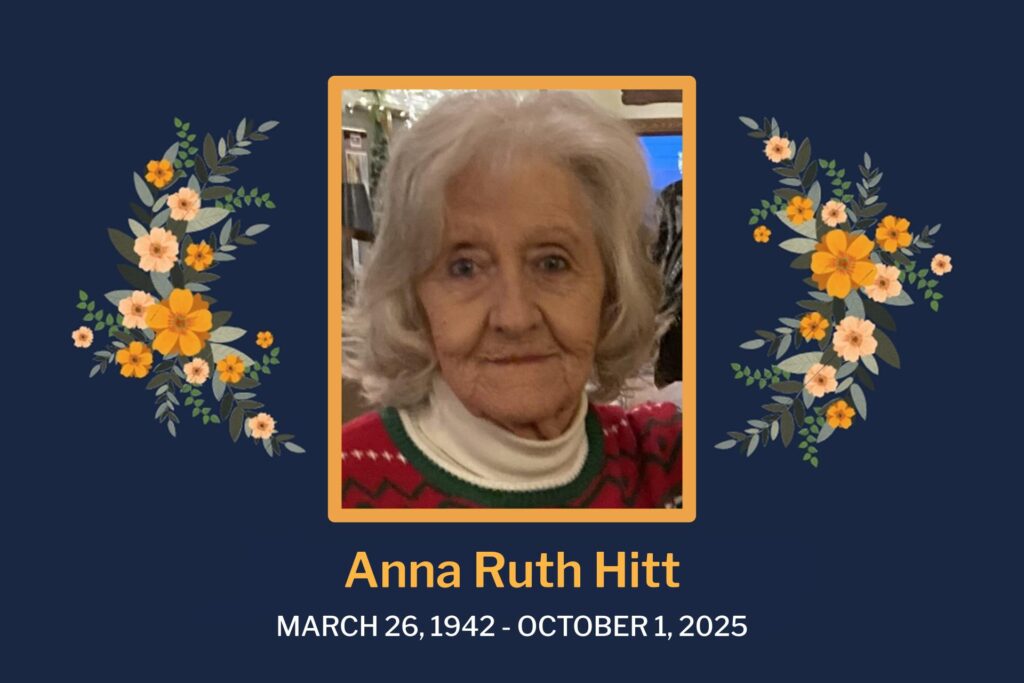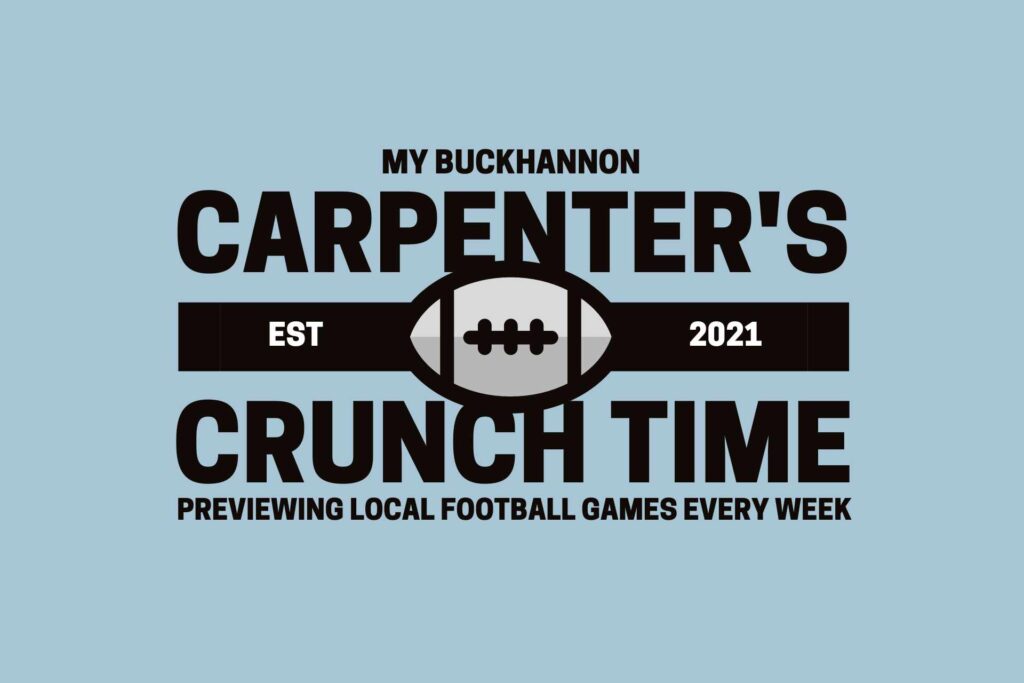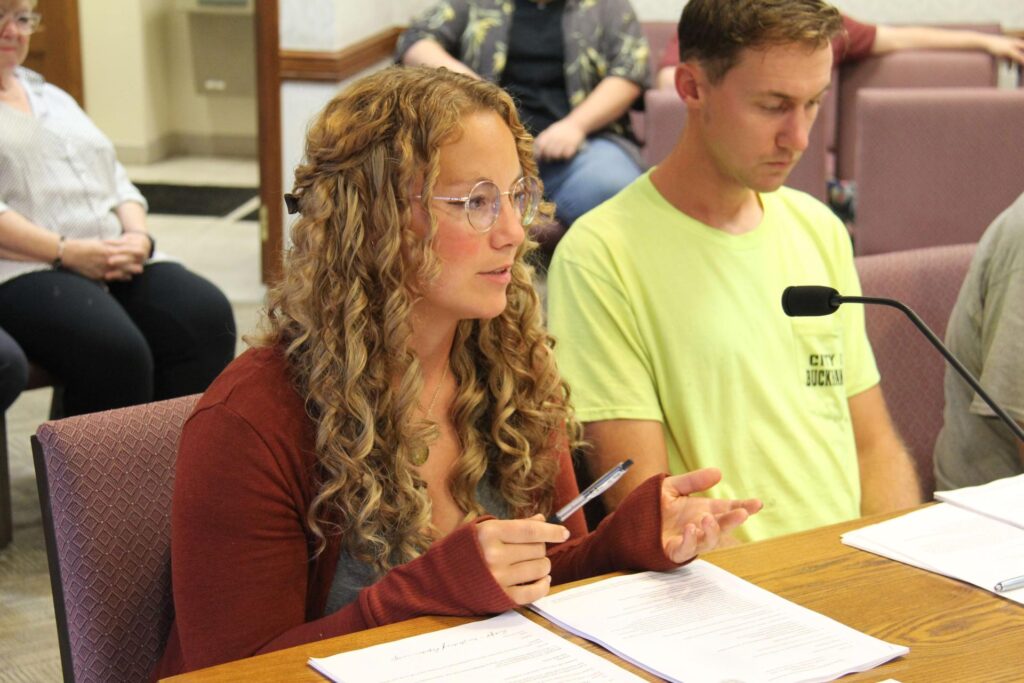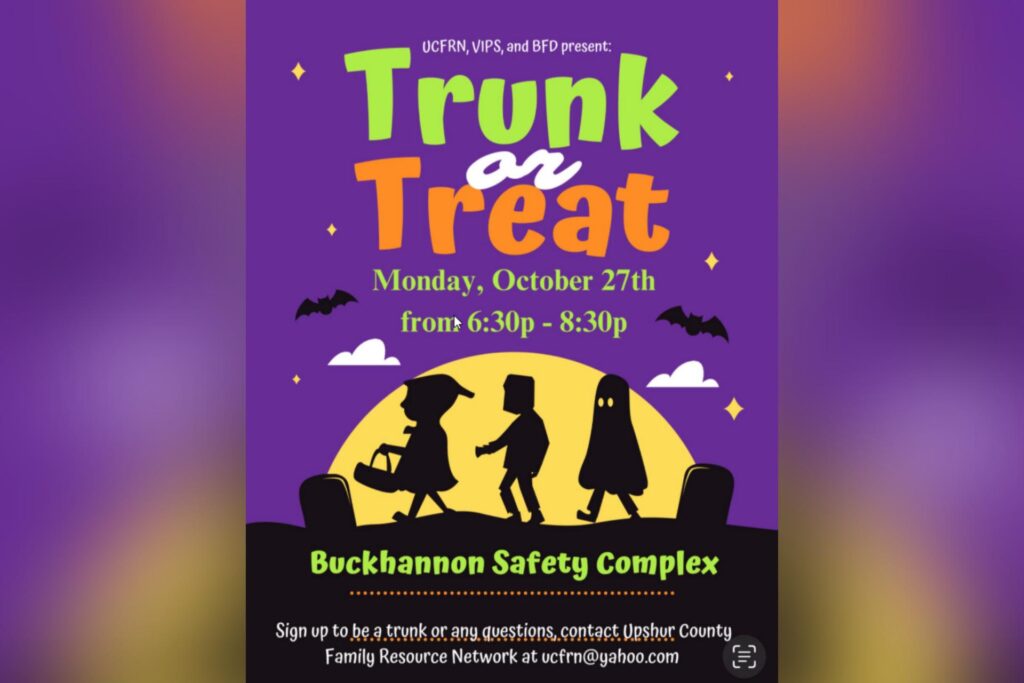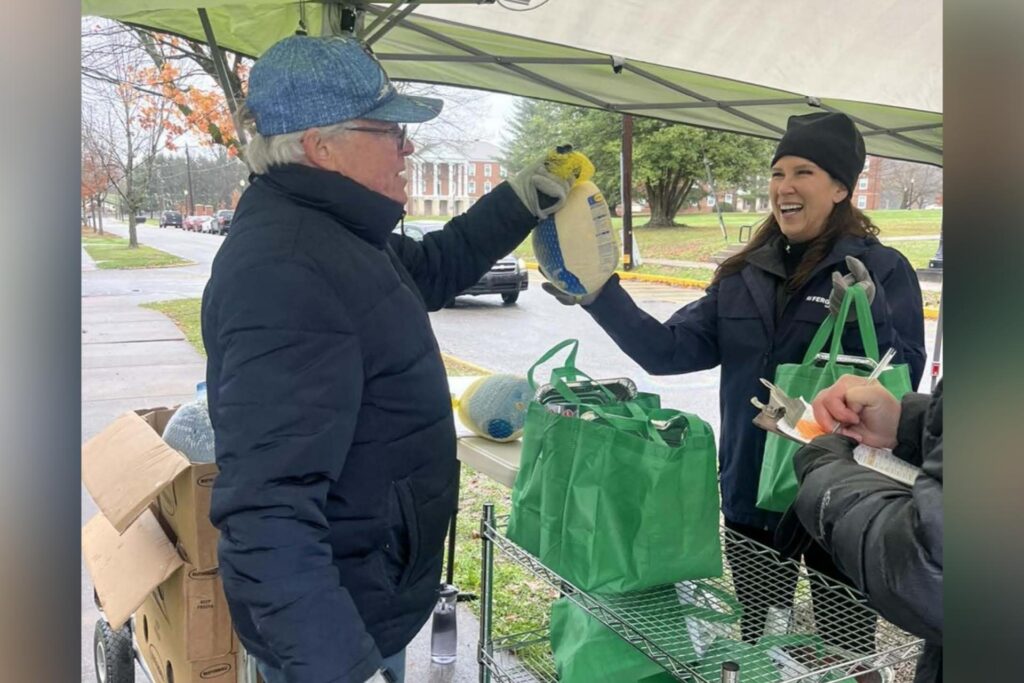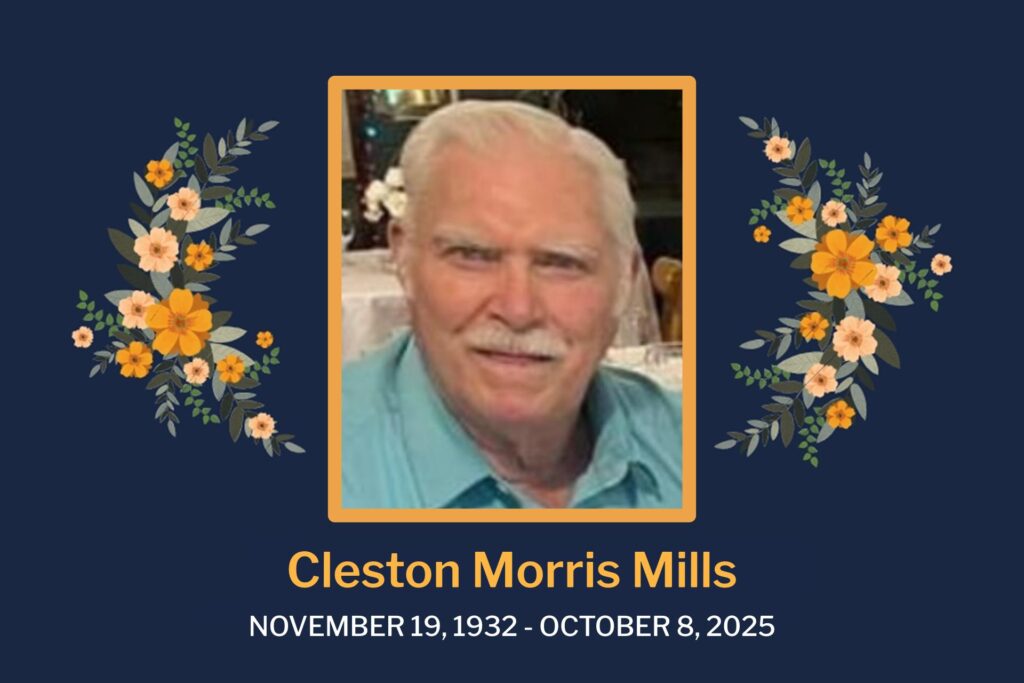The West Virginia Department of Human Services, Bureau for Behavioral Health, recognizes October as Substance Use & Misuse Prevention Month, highlighting the importance of early intervention and prevention to support healthier outcomes for individuals, families and communities. By promoting education, community support and access to behavioral health resources, young people can make informed, healthy choices before substance use begins.
Cabinet Secretary Alex Mayer of the West Virginia Department of Human Services said, “Prevention is a cornerstone of public health and community well-being. By prioritizing prevention and early intervention, we help families thrive, strengthen communities, and give West Virginians the tools they need to avoid substance misuse before it starts.”
DoHS supports prevention through a strong network of regional and local partners. Six regional Prevention Lead Organizations (PLOs) work with counties to implement evidence-based programs tailored to local needs. Expanded School Mental Health provides behavioral health services in 29 counties’ schools, offering curricula that promote social-emotional learning and refusal skills for students. Integrated care is delivered through six certified community behavioral health clinics (CCBHCs), which provide coordinated physical and behavioral health services across the state. Additionally, the Transitional Living for Vulnerable Youth (TLVY) program offers safe housing and support for youth ages 17–21 transitioning from foster care or mental health treatment to independent living, recognizing that sustained recovery often depends on stable housing, employment and social support.
Deputy Secretary Christina Mullins of Mental Health and Substance Use Disorders said, “Everyone has a role in supporting prevention. Parents, teachers, mentors, and neighbors can all help young people build skills and resilience that reduce the risk of substance use.”
Through the Bureau for Behavioral Health, help is available 24/7 with First Choice Services, including the 988 Suicide & Crisis Lifeline and 844-HELP4WV (844-435-7498), connecting West Virginians to behavioral health and substance use resources whenever they need support.
Elizabeth Hardy, commissioner of the DoHS Bureau for Behavioral Health, said, “Investing in prevention helps individuals, families, and communities build stronger foundations for the future. The earlier we start, the better the outcomes for everyone involved.”
For more information on prevention and behavioral health services, visit bbh.wv.gov/page/children-youth-and-family-services.
